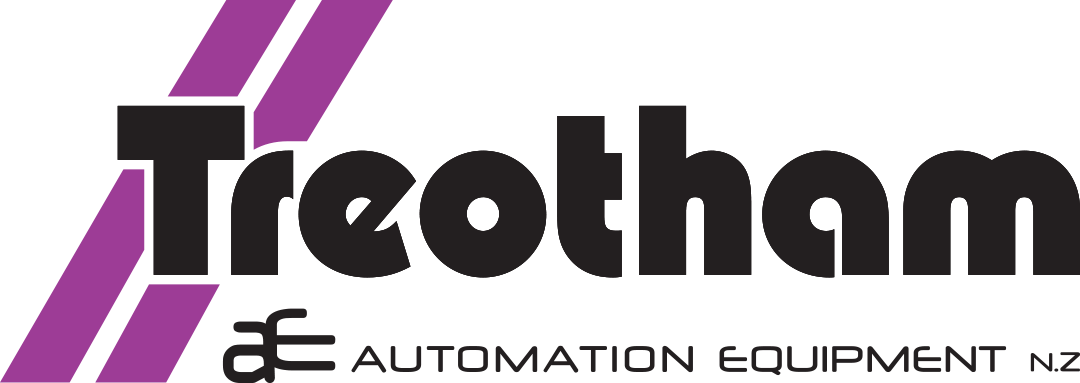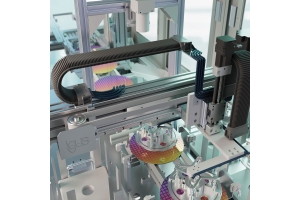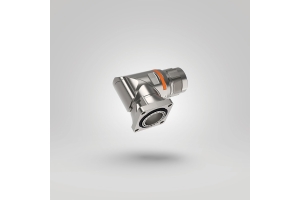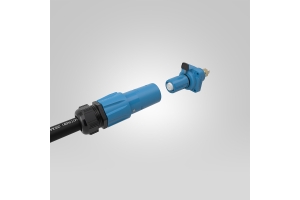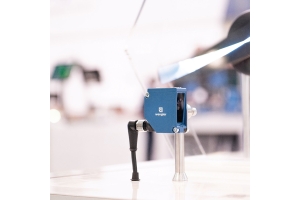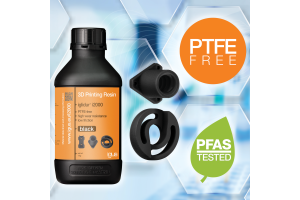PTFE-free telescopic rail
PTFE-free telescopic rail for continuous adjustment up to 2m
Sliding elements made of iglidur JGPF ensure low-friction and quiet operation of the telescopic rail drylin NT-60-4. As PFAS substances might be more strictly regulated in future, more and more companies in the manufacturing industry are already looking for product solutions that do not use this controversial group of chemicals. To offer customers a safe and transparent solution for telescopic rails, igus has developed a new version of the drylin NT-60 - a telescopic rail made of aluminium whose plain bearing material does without PTFE and around 100 other PFAS compounds. The sliding elements feature installation sizes 35 and now also 60, and are used in a PTFE-free and PFAS-tested telescopic rail system. It can be continuously extended to a maximum of 2m and is found in vehicles, furniture and medical technology, among others.
At first glance, the drylin NT-60 appears to be identical to the previous version of the telescopic rail. Three interlocking aluminium profiles, altogether only 60mm wide and 24mm high, can be extended to a length of up to 2m, for example to pull out a large drawer in a camper or to adapt a shelving system in the living room. It is available as a full-extension and a partial-extension version. The special feature only becomes apparent in the composition of the material of the sliding elements over which the profiles move. "Our material experts have succeeded in manufacturing the sliding elements from a new type of high-performance plastic called iglidur JGPF, which does not use polytetrafluoroethylene (PTFE)," says Michael Hornung, Product Manager drylin® Linear and Drive Technology at igus. PTFE is part of the group of chemicals known as perfluorinated and polyfluorinated alkyl compounds (PFAS), which could be more strictly regulated or even banned completely in future.Low-friction dry operation without PTFE
"The sliding elements made of iglidur JGPF impress in the NT-60-4 with a smooth and dry operation without additional lubricants. The telescopic rails can be pulled out much more reliably, with less maintenance and more hygienically than classic telescopic extensions with ball bearings. They are now also available without PTFE," says Hornung. The new material has also been tested for around 100 other PFAS compounds, which the company believes are most likely to be affected by future restrictions. The new telescopic rail is available immediately. The rail profiles are available in silver or black anodised, and igus offers flat (NTKA-60) and high end caps (NTKB-60) as edge protection. Installation sizes NT-35 and NT-27 are also available in a PTFE-free version.
Still working reliably after 25,000 cycles
With the PTFE-free plain bearing material of the drylin NT-60-4 telescopic rail, the material development at igus once again shows that it is possible to dispense with PFAS without sacrificing technical specifications. The experts were able to prove the robustness of the material in the in-house test laboratory. Two telescopic rails from the drylin NT-60 series carried a centric load of 200N in a vertical installation position. The system was still functional even after 25,000 opening and closing cycles. "We attach great importance to successively expanding the drylin linear technology portfolio to include these robust, PTFE-free variants," says Hornung. "In addition to the telescopic rail series, the PTFE-free product range also includes drylin W solid plastic carriages, flat and pre-loaded prism carriages from the drylin N family and carriages from the drylin T series, which can also be retrofitted with PTFE-free sliding elements in existing systems."
